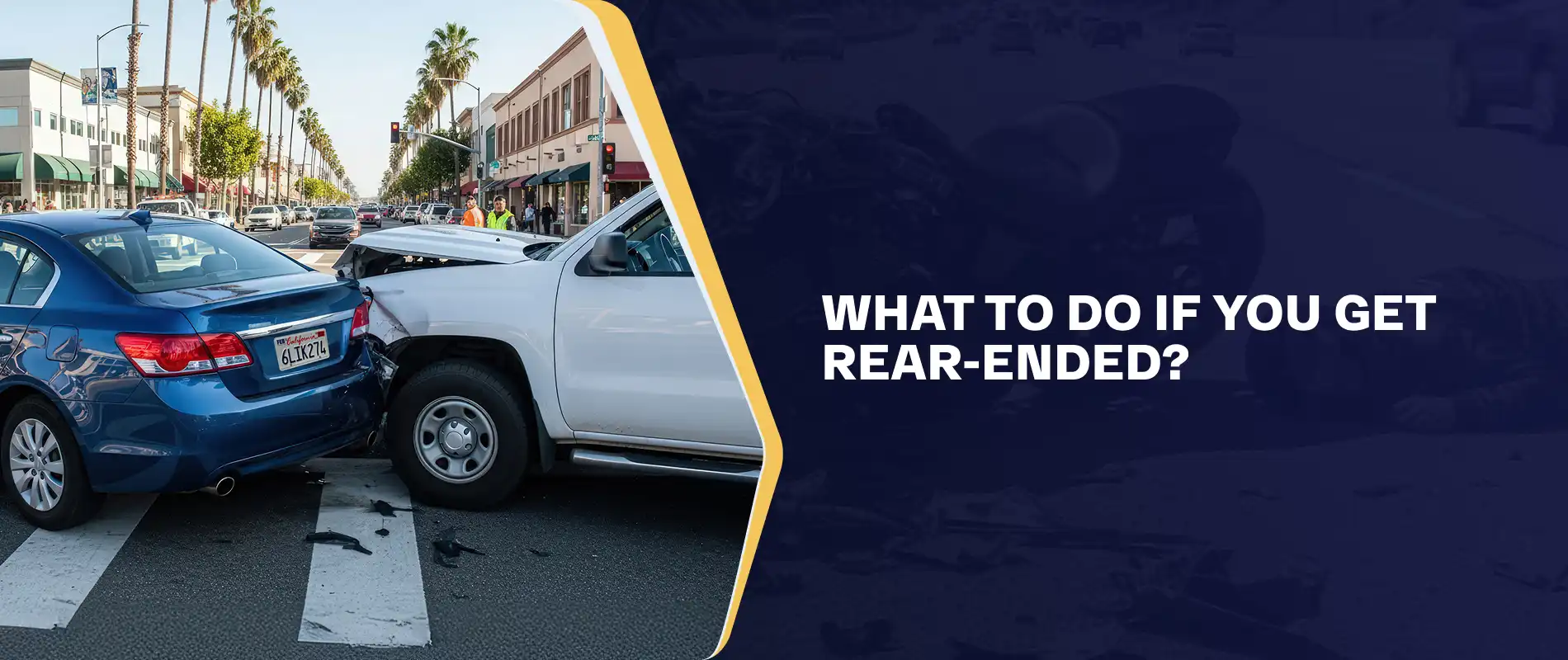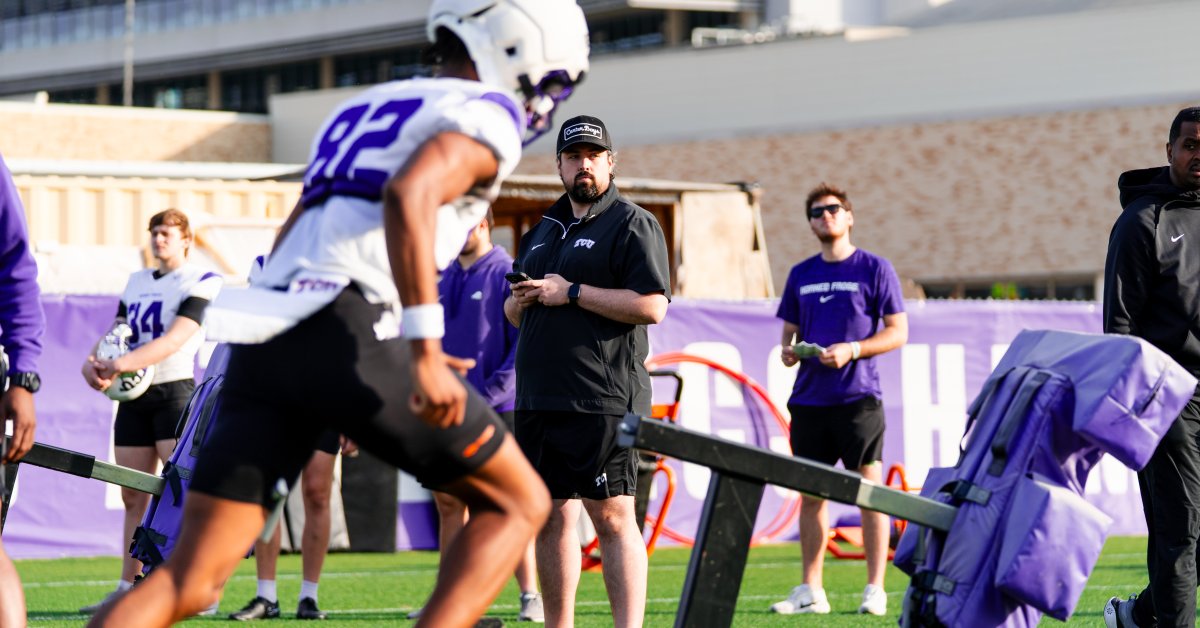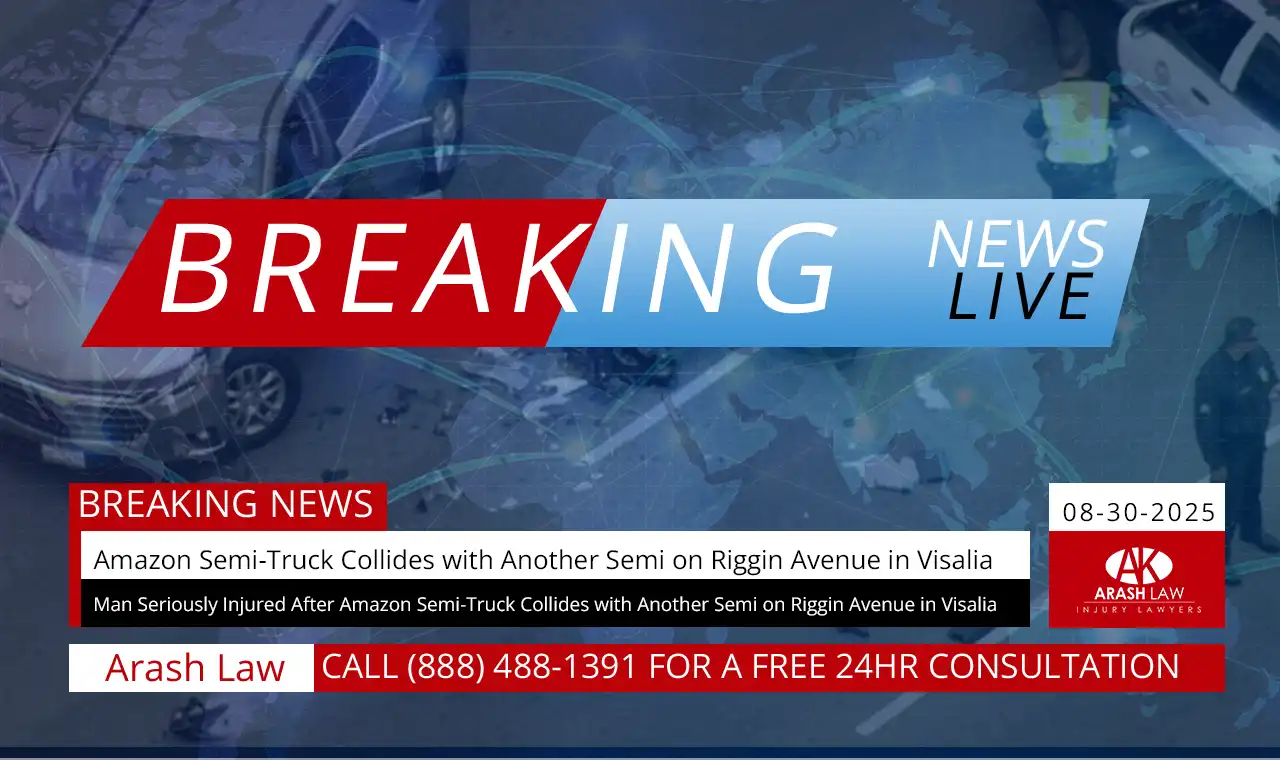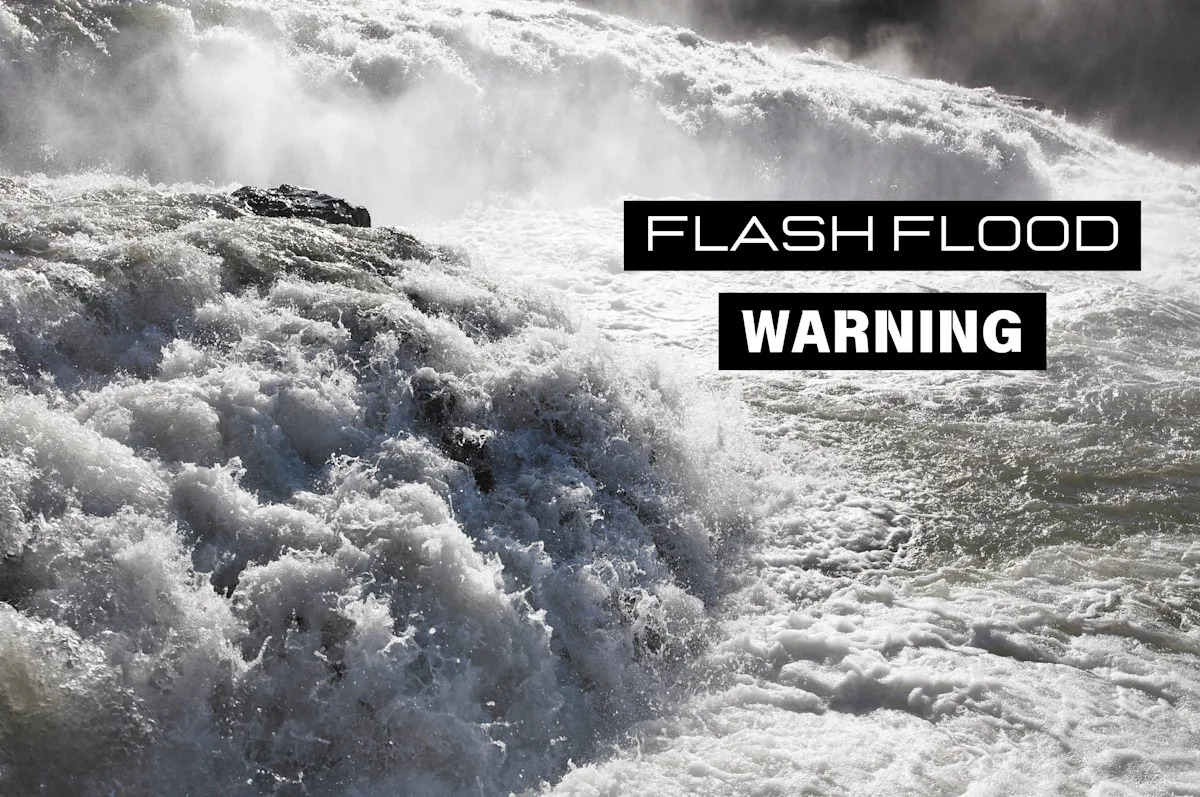Rear-Ended? Here's What You Should Do Immediately

Welcome to your ultimate source for breaking news, trending updates, and in-depth stories from around the world. Whether it's politics, technology, entertainment, sports, or lifestyle, we bring you real-time updates that keep you informed and ahead of the curve.
Our team works tirelessly to ensure you never miss a moment. From the latest developments in global events to the most talked-about topics on social media, our news platform is designed to deliver accurate and timely information, all in one place.
Stay in the know and join thousands of readers who trust us for reliable, up-to-date content. Explore our expertly curated articles and dive deeper into the stories that matter to you. Visit Best Website now and be part of the conversation. Don't miss out on the headlines that shape our world!
Table of Contents
Rear-Ended? Here's What You Should Do Immediately
Being rear-ended is a terrifying experience. One minute you're driving along, the next you're jolted violently. The immediate aftermath can be confusing and stressful, making it difficult to know what steps to take. Knowing exactly what to do after a rear-end collision can significantly impact your safety, your insurance claim, and your overall well-being. This guide provides crucial steps to take immediately after a rear-end collision.
1. Ensure Safety First:
Before anything else, prioritize your safety and the safety of others involved. Check yourself and your passengers for injuries. Even if you feel fine initially, seek medical attention if you experience any pain or discomfort later. Turn on your hazard lights immediately to alert other drivers. If possible, move your vehicle to a safe location off the roadway to prevent further accidents. If the vehicles are blocking traffic and it's unsafe to move, call emergency services immediately.
2. Document the Accident Scene:
Thorough documentation is vital for your insurance claim. Here's what you should do:
- Call the Police: Reporting the accident to the police is crucial, especially if there are injuries or significant vehicle damage. The police report will provide an official record of the event.
- Take Photos and Videos: Document everything – damage to both vehicles, the location of the accident, traffic conditions, and any visible injuries. Take pictures from multiple angles. Video footage can also be incredibly helpful.
- Exchange Information: Get the other driver's information, including their name, address, phone number, driver's license number, insurance information (company and policy number), and license plate number. Note down the make, model, and year of their vehicle. If there are witnesses, obtain their contact information as well.
3. Seek Medical Attention:
Even if you feel unharmed, visit a doctor or go to an urgent care facility as soon as possible. Whiplash and other injuries may not be immediately apparent. Medical records documenting your injuries will be essential for your insurance claim. Remember, your health is paramount.
4. Contact Your Insurance Company:
Report the accident to your insurance company as soon as possible. Provide them with all the information you've gathered, including the police report number (if applicable), photos, and the other driver's information. Be honest and accurate in your report.
5. Avoid Admitting Fault:
Unless it is undeniably your fault, avoid admitting liability at the scene or during initial conversations with the other driver or insurance companies. Let the police and your insurance company determine fault.
6. Keep Records:
Maintain detailed records of all communications, medical appointments, repair estimates, and any other relevant information related to the accident. This meticulous record-keeping is vital for a successful insurance claim.
7. Consider Legal Counsel:
If the accident involved significant injuries, extensive damage, or disputes with the insurance company, it's advisable to consult with a personal injury attorney. They can advise you on your rights and assist you in navigating the legal process.
What to Avoid After a Rear-End Collision:
- Making hasty statements: Don't apologize or admit fault at the scene.
- Posting on social media: Avoid posting about the accident on social media, as this information could be used against you.
- Delaying medical attention: Seek medical help promptly, even if you feel okay initially.
Being rear-ended is a stressful situation, but by following these steps, you can protect yourself and ensure a smoother process for resolving the matter. Remember, your safety and well-being are the top priority. For further information on car accident claims, consider exploring resources from reputable legal and insurance websites. This information is for guidance only and does not constitute legal advice. Consult a professional for specific legal advice.

Thank you for visiting our website, your trusted source for the latest updates and in-depth coverage on Rear-Ended? Here's What You Should Do Immediately. We're committed to keeping you informed with timely and accurate information to meet your curiosity and needs.
If you have any questions, suggestions, or feedback, we'd love to hear from you. Your insights are valuable to us and help us improve to serve you better. Feel free to reach out through our contact page.
Don't forget to bookmark our website and check back regularly for the latest headlines and trending topics. See you next time, and thank you for being part of our growing community!
Featured Posts
-
 Dplus Kia Fall To Bnk Fear X In Lck Summer Playoffs Nongshim Awaits
Sep 07, 2025
Dplus Kia Fall To Bnk Fear X In Lck Summer Playoffs Nongshim Awaits
Sep 07, 2025 -
 Newsom Defiant Wont Submit To Trumps White House Pressure
Sep 07, 2025
Newsom Defiant Wont Submit To Trumps White House Pressure
Sep 07, 2025 -
 Bill Belichicks Epic Troll The Untold Story Behind The Viral Video
Sep 07, 2025
Bill Belichicks Epic Troll The Untold Story Behind The Viral Video
Sep 07, 2025 -
 08 30 2025 Visalia Accident Amazon Delivery Truck Involved In Multi Vehicle Crash
Sep 07, 2025
08 30 2025 Visalia Accident Amazon Delivery Truck Involved In Multi Vehicle Crash
Sep 07, 2025 -
 Phoenix Flash Flood Warning What You Need To Know Now
Sep 07, 2025
Phoenix Flash Flood Warning What You Need To Know Now
Sep 07, 2025
 Ex Nfl Star Jj Watt Unveils New Do For Broadcasting Career
Ex Nfl Star Jj Watt Unveils New Do For Broadcasting Career
